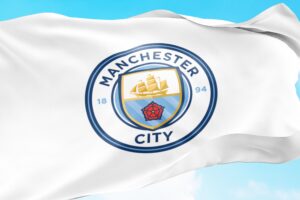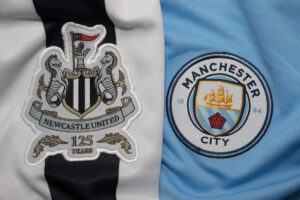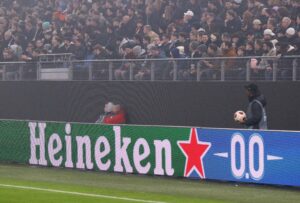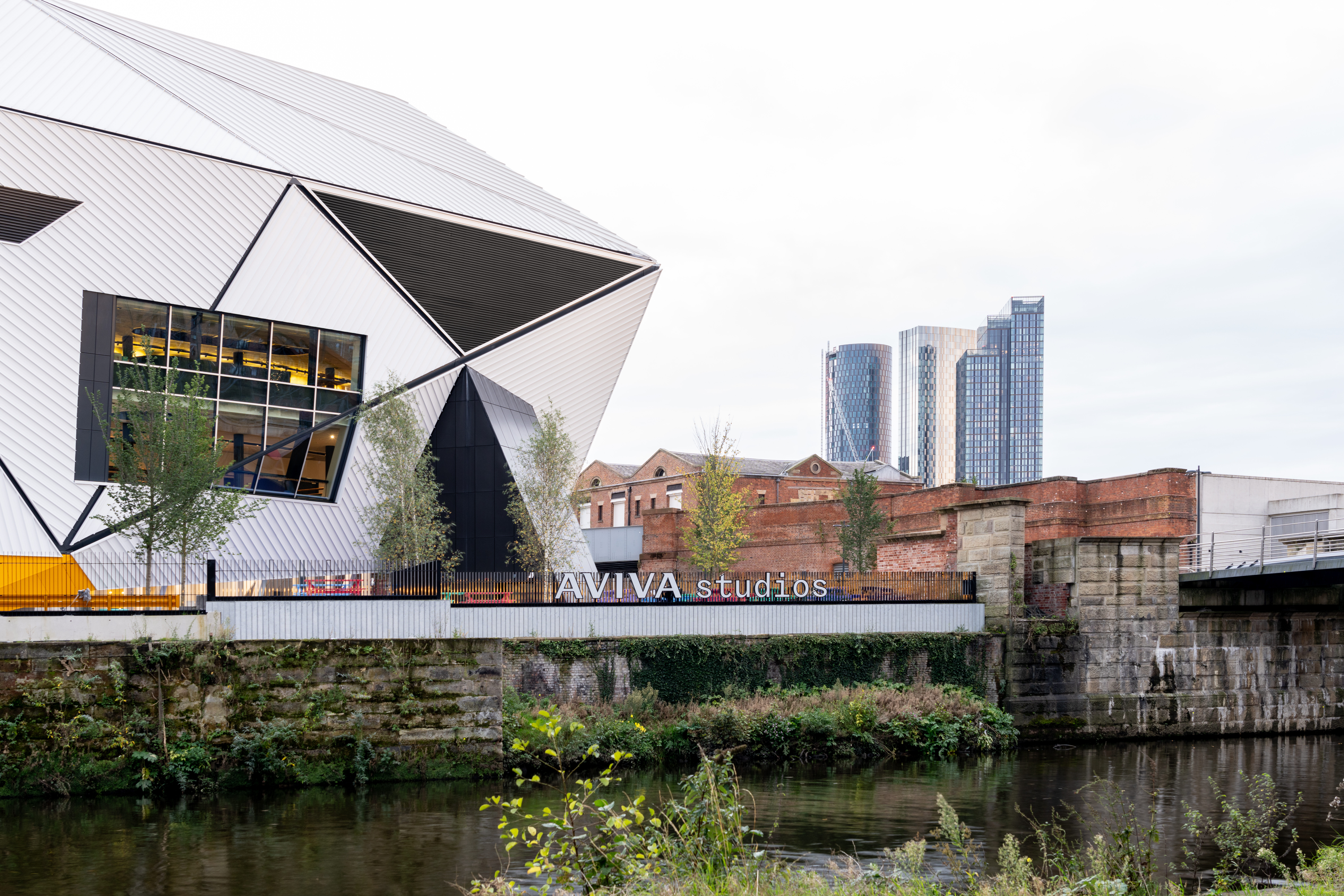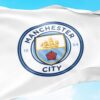TritonLake CEO, Conor Smyth, on how to maximise partnerships within elite sports
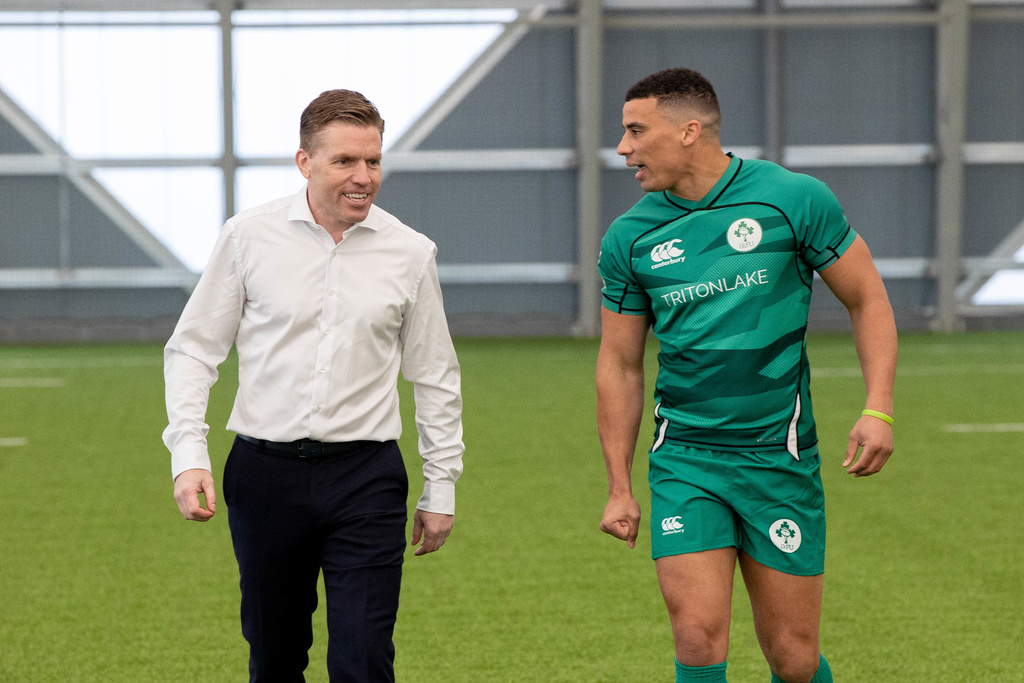
TritonLake is a boutique placement agent for private and alternative fund managers, established in 2017 and with offices in New York, Texas, and Dublin. The firm’s growth has been greatly stimulated by its partnership with the Ireland Men’s and Women’s Rugby Sevens teams. We spoke with CEO and Founder Conor Smyth, to hear more about TritonLake’s sponsorship ambitions and his own tips on how to maximise returns when partnering with a national sports team.
You entered into a partnership with Ireland Men’s and Women’s Rugby Sevens – how did that come about?
I was at the Hong Kong Sevens in 2018, where the Ireland men's team were looking to qualify and become part of the Seven Series. It’s played across ten different locations around the world: Dubai, Hong Kong, Singapore, Los Angeles, London and so on. They failed to qualify in 2018, but it planted the seed in my head that this could be an interesting piece of sponsorship property to look at when they do qualify given the geographies involved. We’re a financial services business, and those cities I just mentioned are key financial centres. Those ten locations would be key cities as we grow a global network of investors.
The other thing that struck me was the product itself. Sevens is different to a standard 15-a-side game of rugby, where it's 2 hours sitting there in quite an intense atmosphere. Sevens is over a couple of days, the games are short and fast, and you could watch a few games, then go in and have something to eat and have a chat. You get an opportunity to mingle with different people - it’s a fun atmosphere that people really enjoy. The key for us was very much around business-to-business relationship nurturing and I felt it would be a great opportunity to do that.
We opened a dialogue with the IRFU after the team qualified in 2019 and then of course, COVID happened and the whole World Series was put on hold while travel was in lockdown. We kept in touch and in June 2021 concluded a deal.
When you decided it was the right time and the right partnership, what were your intended goals?
The intended goals from our side related to those international markets and leveraging the different stops on the tour to bring along key people from those communities, be it Hong Kong, Singapore, and so on.
The first year was about understanding what would be possible given that we were just coming out of COVID and there was a lot of uncertainty and moving around of the schedule. Some of the stadia only got clearance to host the events with spectators a few weeks before, so it was very difficult to coordinate anything around that. This year has been much easier, and we've had a lot of success in terms of bringing people along. In Sydney, London, and LA we’ve brought between 14 and 25 people to the events. For us, that's what it's about, it just allows us to solidify and strengthen our relationships.
What are the benefits to sponsoring a national sports team and how have you leveraged the partnership to mutual benefit?
Firstly, the teams get a sponsor that's very interested in what they're doing, which isn't always the case. I saw the teams this morning, to check in with them and say hello as both squads are heading to the Algarve tomorrow for a tournament. That's one side of it.
Sevens in Ireland has only really been around for five or six years in any serious capacity. So, this is the first time they've had a proper entity that's backing them and wanting them to succeed. Sevens is also an Olympic sport now, so it's a real opportunity to attract people that maybe wouldn't have considered rugby to come along and play. At the elite level, it acts as a pathway through to the 15s. We’re a partner that supports that ambitious atmosphere at all levels and works with them.
One of the key things that we perceived we would benefit from was the high-performance nature of elite sports - of being associated with it on one hand, but also learning from the athletes. I really underestimated the impact that would have. We've got a couple of players that work with us on a part-time basis and what they bring is a winner's mindset, an attitude where they want to succeed with everything they do, hard work ethic, and structured and disciplined outlooks. That aspect of the partnership has had a really positive impact on the broader team. We’re trying to be the best at what we do, and we want to be high-performance from a business perspective, so the alignment is very strong there.
Because we all feel we have the same goals, success for either of us reflects on the other. We're a smaller company rather than a big brand and so the alignment can be more concentrated. The parallel, as I mentioned earlier, is that the Sevens programme has only been around for five or six years, so has TritonLake. They've only just really come onto the scene with the men's team qualified for the last Olympics in Tokyo and the women's team just qualified for their first Olympics a few weeks ago in Toulouse. They haven’t been the radar of the public until recently. Like TritonLake, they’re emerging from a relatively recent start, and I fully expect the trajectories for both to continue upwards from here.
To learn more about the benefits of alignment in sponsorship, click here.
How do you think this partnership might have changed or broadened perceptions of TritonLake?
I think it has brought more awareness to the brand, but the partnership for us is more around activation and the business-to-business side of things. There's no doubt, however, that it simultaneously underpins that we're a serious business, associated with things we're passionate about. Becoming involved in the Rugby community has plugged us into that global network of businesses that are talking to us, but also people that used to play rugby or are involved in rugby, and now there's a familial kind of feeling to it whereby everyone wants to help each other in that space. In that sense, we’ve upped our connectivity by a number of levels which is great from a credibility perspective.
Have you been able to measure any responses to the partnership, either quantitatively or qualitatively?
We’ve tracked a few bits in terms of number of contacts in the markets and different things like that. The opportunities to see and hear from media outreach increased by 70% from launch to the pre-Rugby World Cup event - including 118 mentions for TritonLake. 1.7 million article impressions were garnered across three days of Rugby World Cup Sevens through TritonLake’s partnership with The42.ie.
Via the TritonLake Perform Podcast and performance-focused social content, we reached 23,594 organic content views and listens at the end of our first season. Clear spikes in the social conversation during Sevens competitions were evident, with 76% positive sentiment toward TritonLake. Our sponsorship was also called out in commentary during Ireland’s Rugby World Cup Quarter & Semi-Finals at the Rugby World Cup Sevens.
Do you have any advice for fellow marketing teams looking for similar sponsorships?
If it's the first time that you've done something like this, you need to manage your expectations around that first year - as both parties become more successful, the association will grow stronger so be patient and know what you bring to the table. Be prepared to learn as you go and have a team, or a company help out on the PR side. A lot of those companies have real experience working with brands as they sponsor sports teams and what they can bring to the table in terms of social media activation and ideas will boost your profile massively. It’s difficult to do it all yourself that's for sure.


